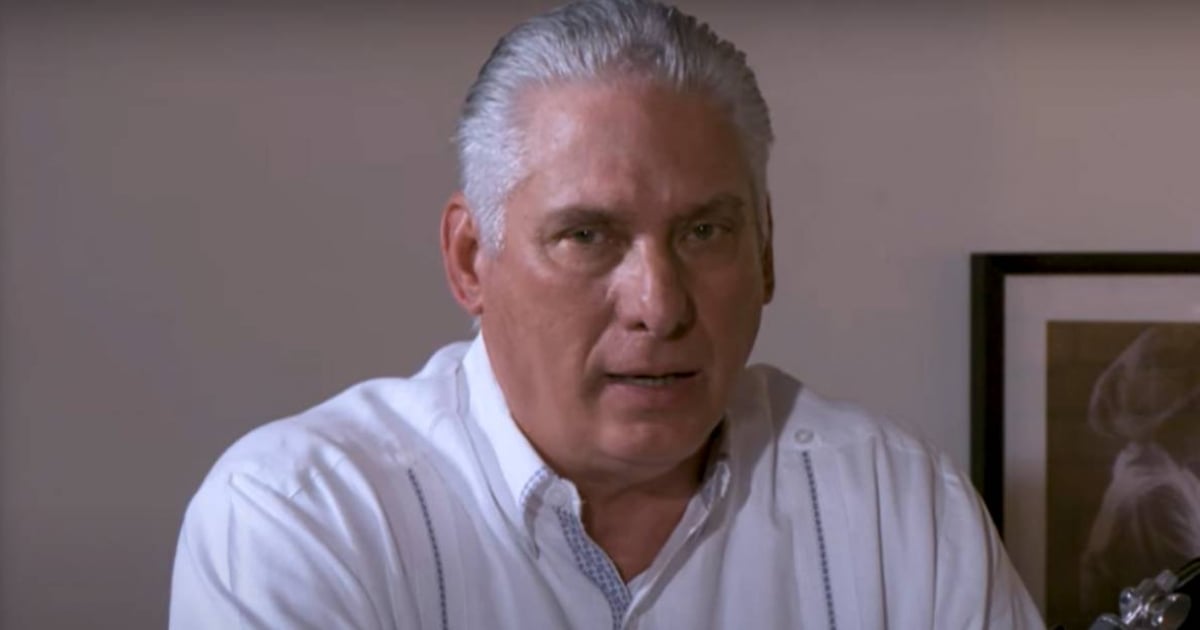The Cuban leader, Miguel Díaz-Canel, stirred a storm of reactions on social media with his remarks on October 12, Hispanic Day, a date that marks the 1492 discovery of America by Christopher Columbus. "Nothing to celebrate. The conquest and colonization of America turned the initial meeting of two cultures into a sequence of plundering and underdevelopment, to which a greater infamy would be added: The slave trade," he posted on his official X account.
Díaz-Canel's statement did not go unnoticed and quickly drew a wave of responses, both supportive and critical. Among the notable reactions was from journalist Mario J. Pentón, who criticized Díaz-Canel's stance by stating, "And you say this in Spanish... How about writing it in Taíno? Oh, right, they didn't have an alphabet, my bad. Hypocrites."
Social Media Reactions
Another significant response came from Ezra Bridger, a user who drew a parallel between Díaz-Canel's critique of colonization and Cuba's recent history: "The Cuban government celebrates January 1, the triumph of a so-called Revolution that turned into a sequence of plundering private property in the country and the pockets of Cubans. Later, a greater infamy was added: The division of families and the attack on faith."
Some users took a more ironic approach, such as Alcides D Portal Alfonso, who recalled the foods that Europeans took back after discovering America. "On a day like today in 1492, Christopher Columbus arrived in America and brought back corn and cocoa, which is why there are no arepas or chocolate in Venezuela, and in Cuba, coffee is mixed with peas," he said.
The Broader Debate
The debate, as is often the case on social media, has become polarized, with comments ranging from support for critiques of colonialism to questions about the legitimacy of the Cuban Revolution and Díaz-Canel's government. Hispanic Day is a controversial date across much of Latin America, where the legacy of colonization is a sensitive topic, and opinions vary between those who see it as a historical event and those who consider it the beginning of centuries of oppression.
